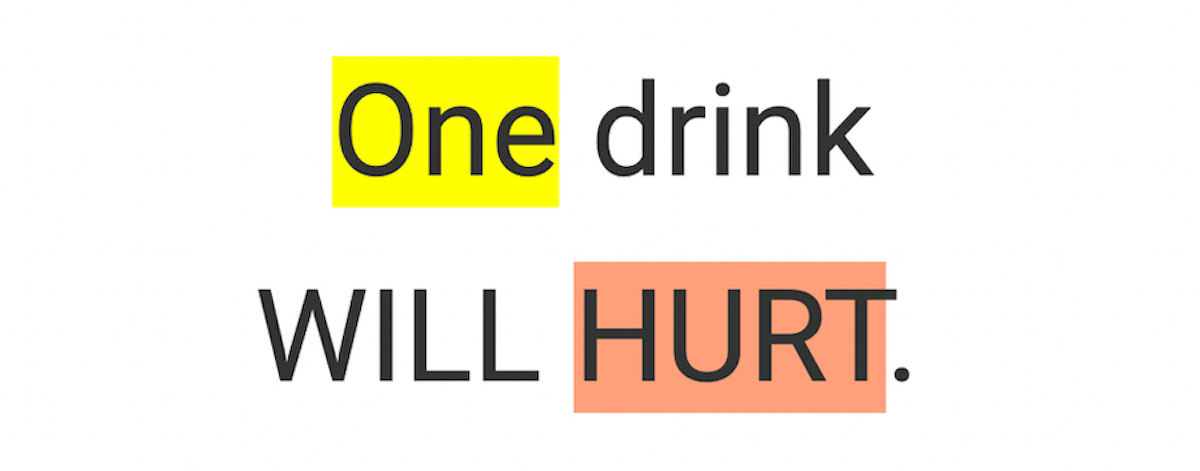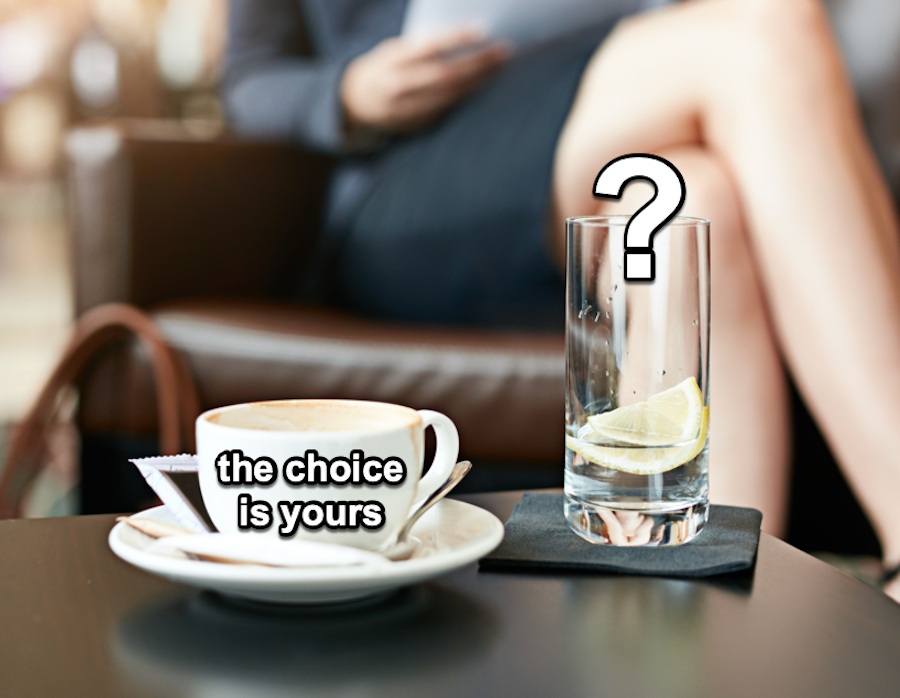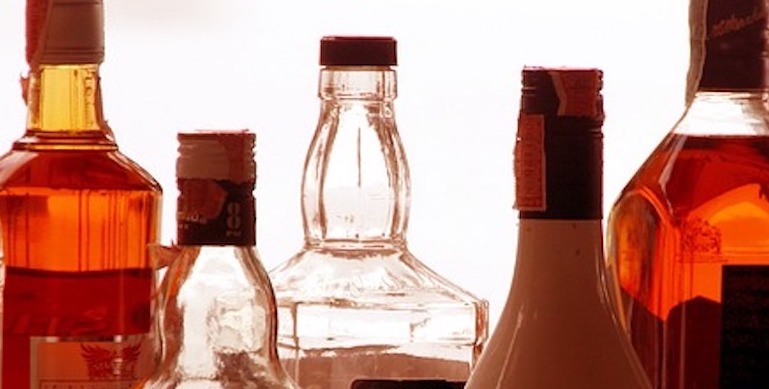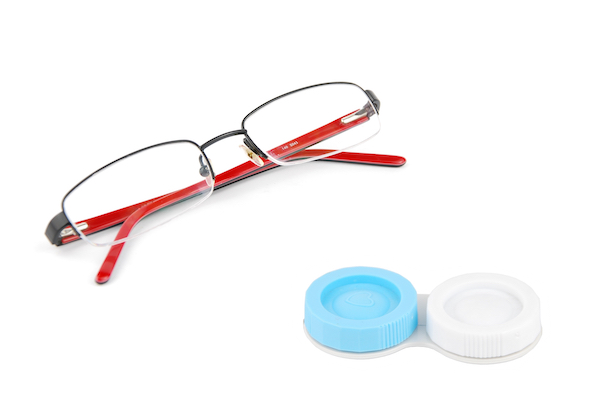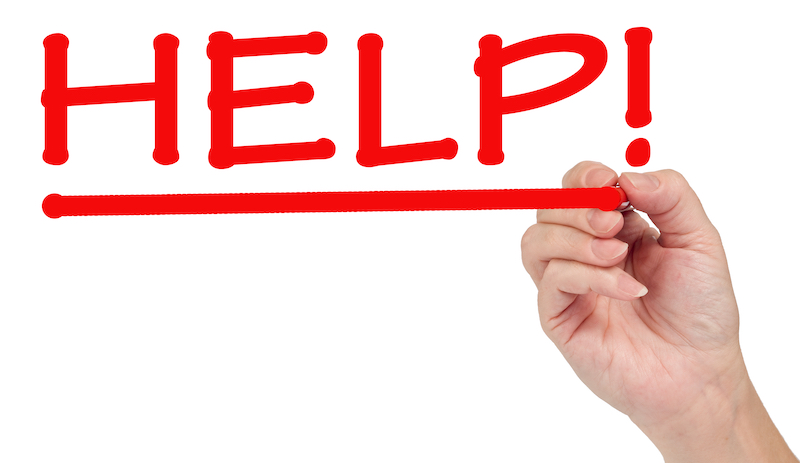
Want To Get Sober? 6 Life-Saving Tips To Take To Heart
Believe it or not, it is relatively easy to get sober, if – and it’s a big if – you really want that for yourself. The desire to get sober has to come from your inner being. It’s nowhere near as effective if it’s your other half that’s begging you to stop drinking. It’s your decision alone to make. And it’s the most rewarding decision should you choose sobriety!
Mixed Messages
The test of how truthful you’re being with yourself when you say you want to get sober will show in the results you actually get. Sounds pretty obvious, right? If you keep on kidding yourself that “today I’ll quit” and then you don’t, you are sending your brain mixed messages and it’s an exercise in futility. (Read about somatic markers later on in this post that touches upon why these brain messages are so important – when used the right way).
If you’ve tried to quit – and then quit on the quitting – it makes you feel like you’re a failure. But you have to be completely honest with yourself. Just how hard did you try to quit drinking?
To Get Sober, You Need a Plan
Sounds like you need a plan along with some helpful advice. Here are six straightforward tips to take to heart if you want to get sober:
- When you say “that’s it,” MEAN IT!!!
- Toss the booze down the drain
- Accept that your liver and kidneys cannot handle the abuse any longer
- Stop associating getting drunk with having “fun”
- Realize that it is a “bad habit” that is slowly killing you
- Know that you can do it if you put your mind to it
Now then, stop sighing at what I just wrote. It IS that easy IF you really – Really – REALLY want to quit.
You have to be in “that place” where you’re sick and tired of being sick and tired. Until you reach that low point in your drinking habit, your old trained brain will take you right back to drinking.
Somatic Markers
Our brain is brilliant at creating associations, and it’s the old associations that we have to replace with NEW associations. These new brain/mental associations are known as ‘somatic markers‘. The creation of new somatic markers is covered in our eBook called “Life’s Better Sober” available here on Amazon.
If you’re ready, we’re ready. Let’s kick this nasty habit in the butt. If someone shared this post with you, go visit A New Sober You to read more about ditching the booze.
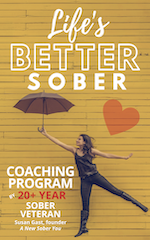
Introducing our NEW Kindle VELLA Series!
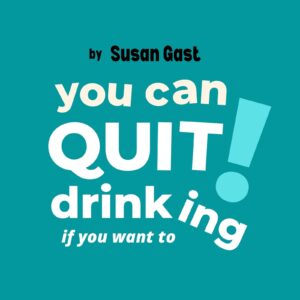
Susan goes in depth with each of the 66 days explained in detail. The first three episodes are TOTALLY free! Check it out today.

